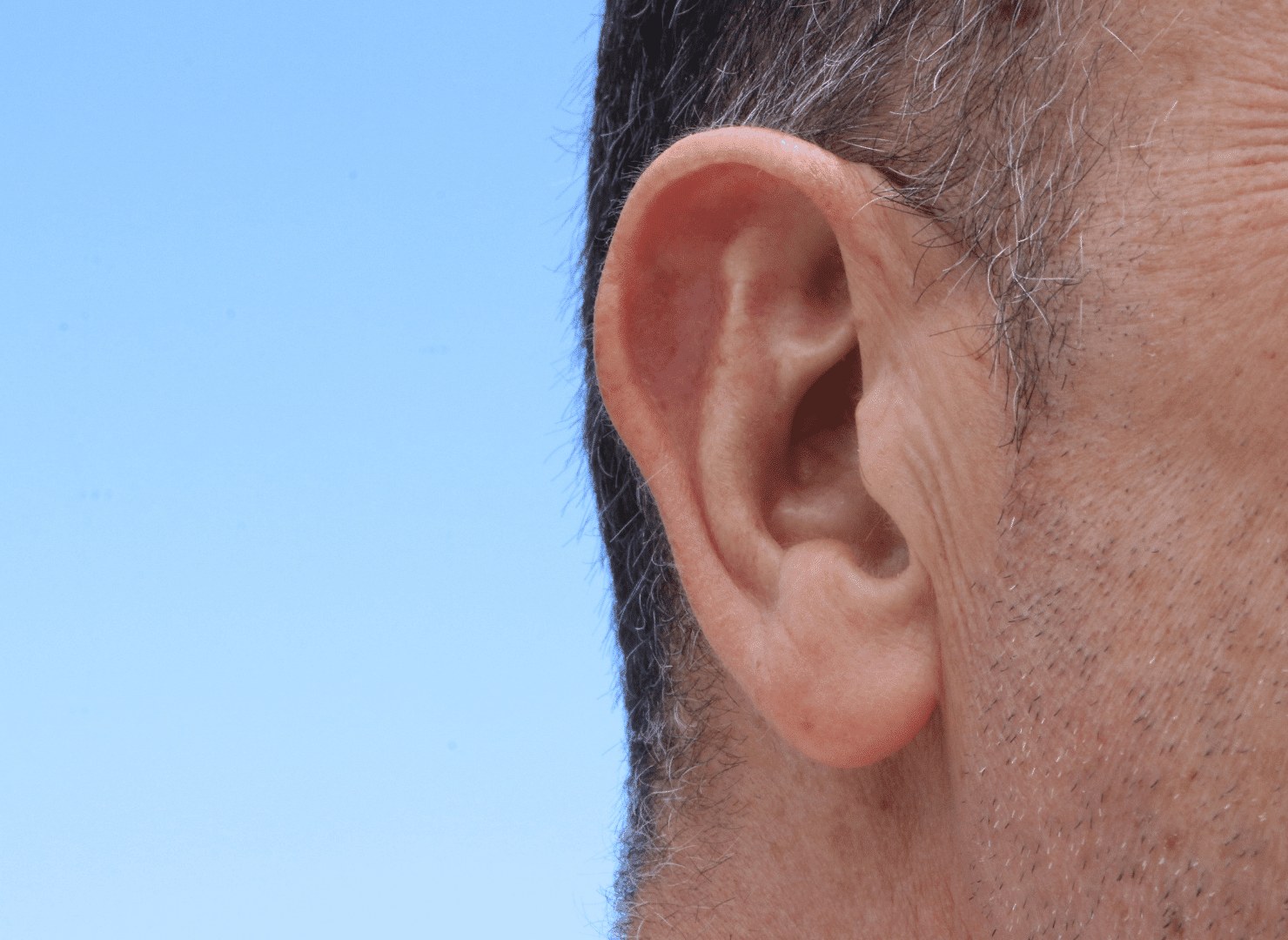At the end of a long day, is there anything better than putting up your feet and watching some TV with your family? You can unwind, laugh, cry, and be entertained together with your favorite show or movie.
Unfortunately for some, watching TV with others can become a constant battle over volume. Your family may tell you to turn down the blaring volume while you struggle to hear the conversations.
Thankfully, you can end this argument with a simple hearing test. Maybe TV and hearing aids are your perfect solution!
Signs of Hearing Loss Watching the Television
Did you know that once you hit 65 years old, 1 in 3 people experiences hearing loss? And once you hit 70, 30 percent of people could benefit from hearing aids.
Sign #1: Turning The Sound Up On Your TV
One of the most common first signs of hearing loss is turning up the TV. If your loved one keeps the sound at 25 percent and you need to turn it up to 50, this is a clear indicator that something is amiss.
Sign #2: Needing To Rewind
If you're missing certain sounds because you can't hear the tv you might end up needing to hit the rewind button. If you or your loved one is having difficulty understanding what's being said the first time around it can be a sign of hearing loss.
Sign #3: Saying 'What?' While Watching a Show
Common signs of general hearing loss include requiring repetitions during conversations, decreased socialization, and challenges hearing in particular environments. If you or your loved one is constantly asking what happened during a show or movie, it might be time for a hearing test.
Getting Help Hearing The Tv Better
Depending on your level of hearing loss, there are a few options for how to best watch TV and hear everything. In addition to watching TV with hearing aids, you can try:
Tip #1: Portable Speaker or Soundbar:
This is an option for the whole family to experience. By including a specific soundbar or speaker into your entertainment system setup, you can increase the volume for everyone to hear well, and there are specific settings depending on the type of show or movie you are watching.
Car chases sound different than whispered conversations, so the speaker can adjust certain volumes for an improved experience.
Tip #2: Personal Amplifier:
Akin to the portable speaker, a personal amplifier can increase the volume, but it is more discreet. Most go in or around the ear, so they capture sounds just for you. This is a good option if you feel you are on the road to hearing aids but aren’t ready to jump in with both feet.
Tip #3: Wireless Headphones:
These can be used for anything from watching TV to listening to music to talking on the phone. The headphones utilize Bluetooth to send sounds directly from one outlet to your headphones.
If your family doesn’t want to hear the TV at all, you can put on headphones and watch a TV show with complete silence of the outside world.
Tip #4: Hearing Aids:
This is the best option for those who have hearing loss in many situations. If you continue to ignore the loss, you could damage your hearing further, so it is important to see an audiologist and check out your hearing.
It's much easier to watch TV with hearing aids--once you have them in, you can turn up the volume on the hearing aids instead of the TV set.
There are also many pairs currently on the market that utilize the same Bluetooth technology as the wireless headphones, so you could again send sounds only to your hearing aids instead of to an entire living room.
By adding hearing aids into your life, you can improve your mental, physical, and social self. You can also turn down the TV so your entire family can listen at a comfortable volume.
Check out AARP for further information about technology recommendations that help you hear the TV.
By: Diana Michel, Updated by Audicus in 2021
Sources: AARP




